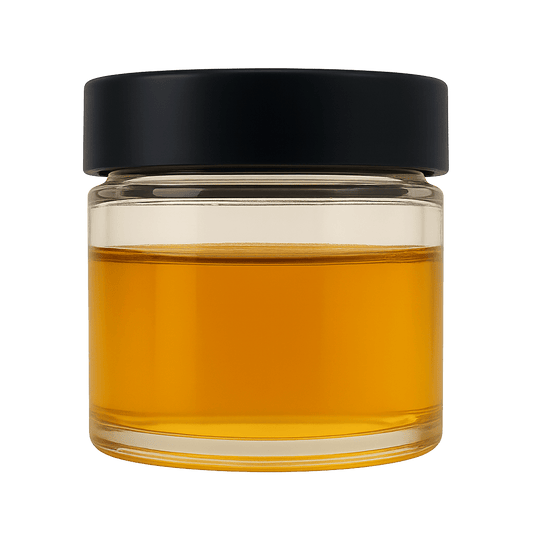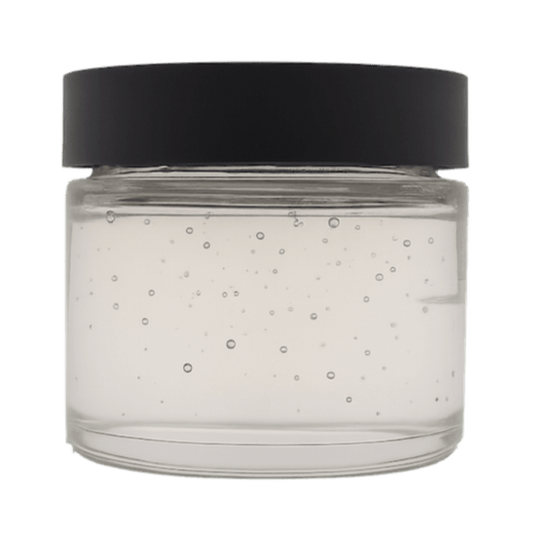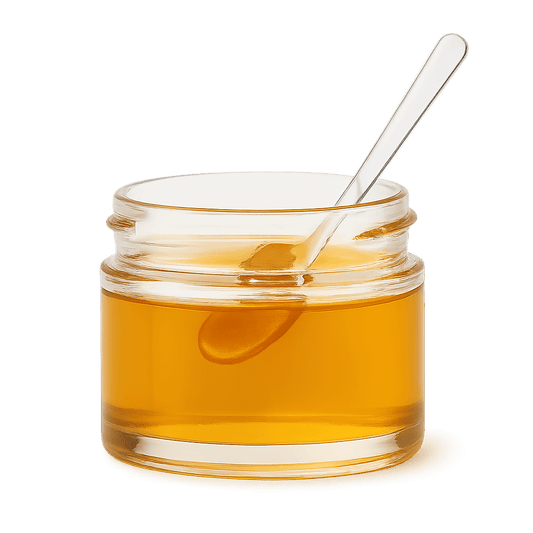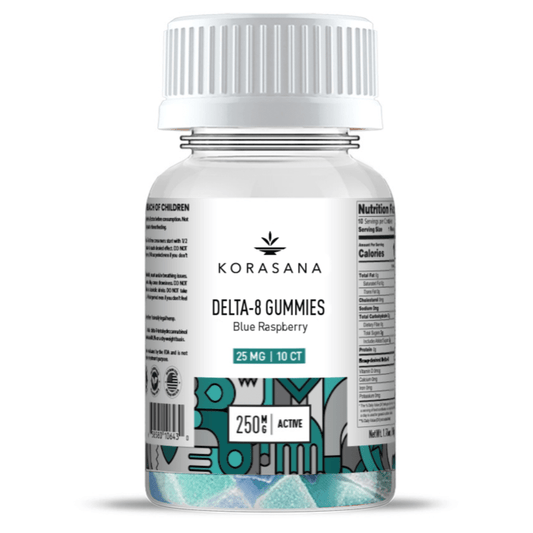Is Delta 8 THC Legal in Michigan?
YES - Delta 8 THC is Legal in Michigan
Delta 8 THC is legal in Michigan, with the state's laws aligning with federal guidelines under the 2018 Farm Bill. This legislation distinguishes hemp-derived products, including Delta 8 THC, from marijuana-derived products, allowing for the legal sale and use of hemp-derived cannabinoids like Delta 8 THC. In Michigan, you do not need a medical card to purchase Delta 8 THC, as it is treated similarly to CBD and other hemp-derived products. However, purchasers must generally be at least 21 years old.
Michigan has updated its hemp laws post-2018 Farm Bill, effectively legalizing most hemp derivatives, such as CBD, including Delta 8. The state defines hemp in a manner consistent with federal law, encompassing all parts of the plant Cannabis sativa and its derivatives, extracts, cannabinoids, isomers, acids, salts, and salts of isomers, with a delta-9-tetrahydrocannabinol (THC) concentration of not more than 0.3% on a dry weight basis. This definition appears to make Delta-8 legal in Michigan. However, to navigate the intricacies of these laws and ensure compliance, it's recommended to purchase Delta 8 through state-licensed dispensaries.
Legal Status of Delta 8 in Michigan
In Michigan, Delta 8 THC's legality hinges on its compliance with both federal and state laws, which are influenced by the 2018 Farm Bill and specific state legislation regarding hemp and marijuana products.
Federal Framework
The 2018 Farm Bill is a pivotal piece of federal legislation that redefined hemp and its derivatives, setting a legal distinction between hemp and marijuana based on the delta-9-tetrahydrocannabinol (THC) content. Under this bill, hemp was defined as the Cannabis sativa plant and any part of the plant, including seeds and all derivatives, extracts, cannabinoids, isomers, acids, salts, and salts of isomers, with a delta-9 THC concentration of no more than 0.3 percent on a dry weight basis. This reclassification essentially legalized hemp and its derivatives at the federal level, paving the way for the legal production, sale, and use of hemp-derived products, including Delta 8 THC, provided they adhere to the specified THC concentration limit.
Michigan State Laws and Regulations
Following the federal reclassification of hemp, Michigan updated its hemp laws to align with the 2018 Farm Bill. Michigan's legal framework for hemp includes the Industrial Hemp Research and Development Act, which was effectively put into place in January 2019. This act defines "industrial hemp" similarly to the federal definition, recognizing it as the plant Cannabis sativa L. and any part of that plant, including all derivatives, extracts, cannabinoids, isomers, acids, salts, and salts of isomers, with a delta-9 THC concentration of not more than 0.3% on a dry weight basis. This definition is crucial because it encompasses Delta 8 THC, provided it is derived from hemp with the specified THC threshold.
However, Michigan's stance on Delta 8 involves nuances that stem from its Controlled Substances Act, which classifies delta-9-tetrahydrocannabinol and all of its optical isomers as controlled substances. The legality of Delta 8 THC appears to be contingent upon its natural derivation from legal hemp material rather than through synthetic processes or isomerization. To address these complexities and regulate the manufacture and sale of Delta 8, Governor Whitmer signed a law requiring manufacturers and sellers to be licensed through the Michigan Marijuana Regulatory Agency, effectively treating Delta 8 THC as a marijuana product for regulatory purposes, albeit still legal for consumer purchase and use.
HOUSE BILL NO. 6330 - INDUSTRIAL HEMP RESEARCH AND DEVELOPMENT ACT
Act No. 641
EFFECTIVE DATE: January 15, 2019
(i) “Industrial hemp” means the plant Cannabis sativa L. and any part of that plant, including the viable seeds of that plant and all derivatives, extracts, cannabinoids, isomers, acids, salts, and salts of isomers, whether growing or not, with a delta-9-tetrahydrocannabinol concentration of not more than 0.3% on a dry weight basis. Industrial hemp includes industrial hemp commodities and products and topical or ingestible animal and consumer products derived from the plant Cannabis sativa L. with a delta-9-tetrahydrocannabinol concentration of not more than 0.3% on a dry weight basis.
(v) “THC” means tetrahydrocannabinol.
PUBLIC HEALTH CODE (EXCERPT) ACT 368 OF 1978
333.7106 Definitions;
(2) “Industrial hemp” means the plant Cannabis sativa L. and any part of that plant, including the viable seeds of that plant and all derivatives, extracts, cannabinoids, isomers, acids, salts, and salts of isomers, whether growing or not, with a delta-9-tetrahydrocannabinol concentration of not more than 0.3% on a dry weight basis. Industrial hemp includes industrial hemp commodities and products and topical or ingestible animal and consumer products derived from the plant Cannabis sativa L. with a delta-9 tetrahydrocannabinol concentration of not more than 0.3% on a dry weight basis.
(4) “Marihuana” means all parts of the plant Cannabis sativa L., growing or not; the seeds of that plant; the resin extracted from any part of the plant; and every compound, manufacture, salt, derivative, mixture, or preparation of the plant or its seeds or resin. Marihuana does not include the mature stalks of the plant, fiber produced from the stalks, oil or cake made from the seeds of the plant, any other compound, manufacture, salt, derivative, mixture, or preparation of the mature stalks, except the resin extracted from those stalks, fiber, oil, or cake, or any sterilized seed of the plant that is incapable of germination. Marihuana does not include industrial hemp.
333.7212 Schedule 1; controlled substances included.
(d) Synthetic equivalents of the substances contained in the plant, or in the resinous extractives of cannabis and synthetic substances, derivatives, and their isomers with similar chemical structure or pharmacological activity, or both, such as the following, are included in schedule 1:
(i) 1 cis or trans tetrahydrocannabinol, and their optical isomers.
(`ii) 6 cis or trans tetrahydrocannabinol, and their optical isomers.
(iii) 3,4, cis or trans tetrahydrocannabinol, and their optical isomers.
Purchase and Possession
In Michigan, consumers generally need to be at least 21 years old to purchase Delta 8 THC products. While Delta 8 THC can be found in stores and dispensaries, purchasing through state-licensed dispensaries is recommended to ensure compliance with state regulations and product quality. Michigan law does not specify possession limits for legal hemp or hemp-derived products, including Delta 8 THC, implying that it's likely subject to the same possession limits as Delta 9 THC and traditional cannabis materials, which allow individuals to possess and carry certain amounts of cannabis or concentrates.
Summary
Delta-8 THC is legal in Michigan, with its legality rooted in both federal and state laws that recognize hemp and its derivatives, including Delta 8, as legal substances when derived from hemp with THC concentrations within the specified limits. The state has enacted laws to ensure that the sale and manufacturing of Delta 8 are regulated, requiring compliance with licensing and regulatory frameworks to maintain legality and consumer safety. For those interested in purchasing or using Delta 8 THC in Michigan, adhering to state guidelines and opting for products from licensed dispensaries is advisable to ensure legality and product quality.
The information provided on this website does not, and is not intended to, constitute legal advice or any statements regarding the status of any laws. The information, content, and materials present on this site are for general informational purposes only and should not be relied upon for any specific purpose. Laws vary across different states and are subject to change. Therefore, information on this website might not reflect the most recent legal or other developments. Read our full legal disclaimer HERE.






